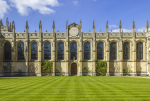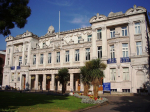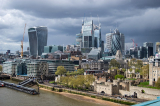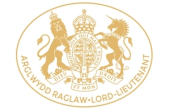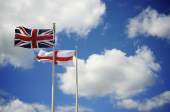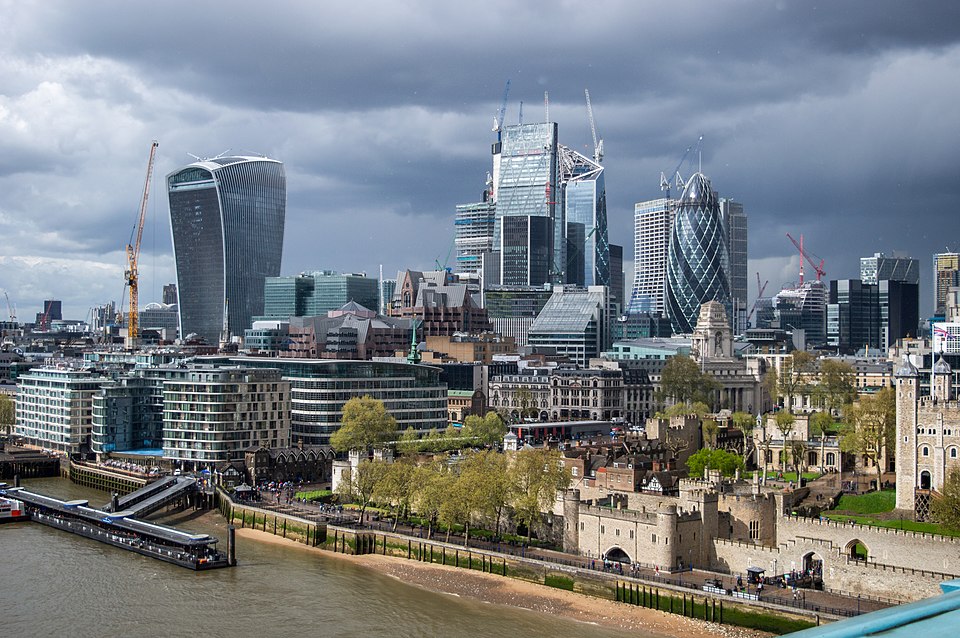
The UK economy hit the brakes in July, with no growth recorded, according to fresh data from the Office for National Statistics (ONS).
The flat performance, which economists had expected, followed a 0.4% rise in June. While not disastrous, the pause will spark questions about Labour’s ability to deliver on its promise to “kickstart growth.”
Liz McKeown, ONS director of economic statistics, said momentum has been fading for months:
“Growth in the economy as a whole continued to slow over the last three months. While services growth held up, production fell back further.”
Some parts of the services sector – such as healthcare, tech programming and office support – performed strongly. But a broad decline in manufacturing dragged the economy down, with output in the sector falling 1.3%, the steepest drop since last summer.
Overall, GDP in the three months to July was up just 0.2% compared with the previous three months.
Yael Selfin, chief economist at KPMG UK, warned things may not improve soon:
“A reversal in fortune appears unlikely for the sector, with global headwinds set to persist.”
Treasury defends record
The Treasury admitted more work was needed but insisted Labour’s plan was on track. A spokesperson said the economy “isn’t broken, but it does feel stuck” after years of underinvestment. They highlighted progress, pointing to stronger G7 growth earlier this year, falling interest rates, and rising real wages.
The government is betting on big infrastructure projects – from housing to Sizewell C nuclear plant – plus reforms to the planning system, to help lift growth.
Budget pressures mount
But sluggish growth means fresh headaches for chancellor Rachel Reeves ahead of the autumn budget on 26 November. Analysts warn the Office for Budget Responsibility could downgrade its outlook, widening a potential fiscal gap estimated at £20bn to £50bn.
Lindsay James, investment strategist at Quilter, argued Labour’s earlier tax rises were already weighing on businesses:
“Growth is slowing in these sectors and is likely the result of actions taken by the Labour government now being realised.”
With spending cuts seen as politically difficult, economists expect Reeves will have little choice but to raise more taxes this autumn. Which taxes could be targeted remains uncertain – but speculation is already swirling.
Meanwhile, the Bank of England is expected to hold interest rates steady at 4% next week, after five cuts since summer 2024. Photo by Tristan Surtel, Wikimedia commons.














